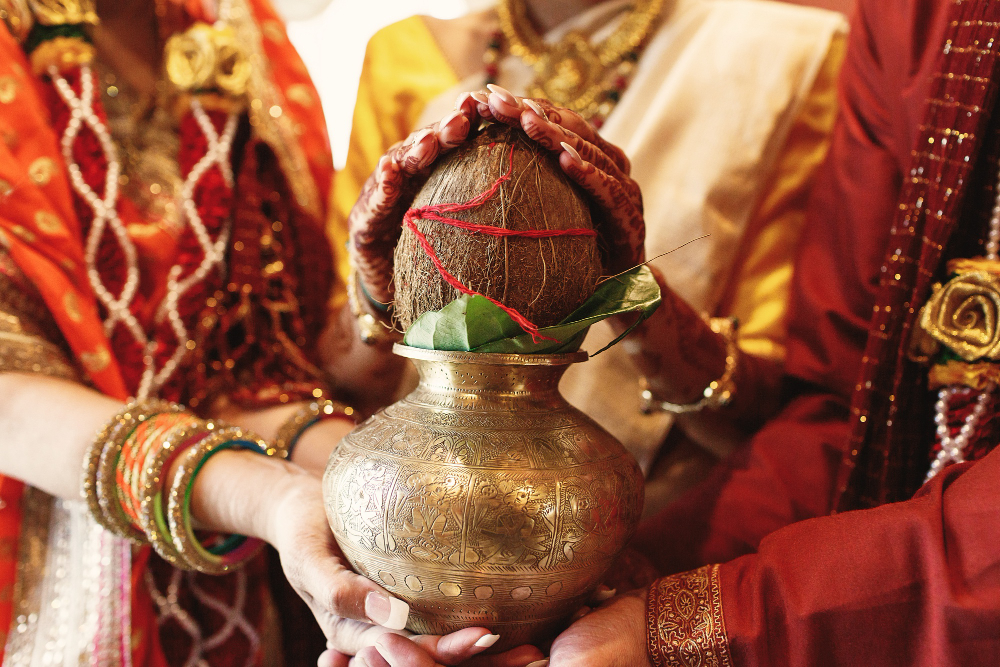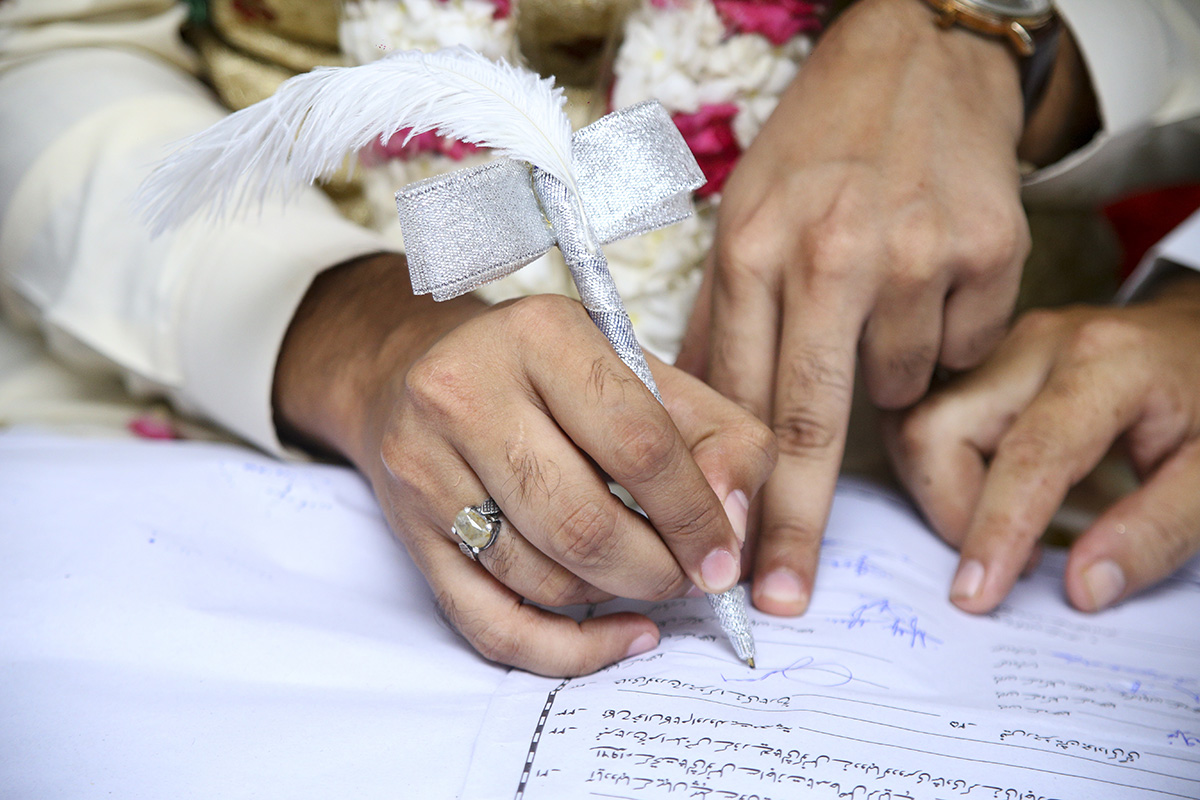Mutual divorce is a peaceful and consensual legal process where both spouses agree to end their marriage. At KHA ADVOCATES, we provide expert legal guidance to ensure a smooth and hassle-free divorce process while protecting the rights and interests of both parties.

Divorce by mutual consent under the Hindu Marriage Act, 1955, is a peaceful and
dignified way for spouses to end their marriage when both agree that the relationship is no longer
viable. This type of divorce requires the couple to jointly file a petition declaring that they have
been living separately for a minimum of one year and are unable to live together.
The law mandates a waiting period of six months (which may be waived by the court in certain cases)
from the date of filing the first motion to the final hearing. During this time, the couple may
reconsider their decision. If they remain firm in their choice, the court will grant the divorce
after ensuring that the consent is genuine and not influenced by coercion or fraud.
Matters related to child custody, alimony, maintenance, and property distribution are to be mutually
decided and presented before the court. This process ensures minimal conflict, quicker resolution,
and less emotional distress, making it a preferable option for couples who wish to part ways
respectfully.


Divorce by mutual consent under the Special Marriage Act, 1954, provides a legal
pathway for couples of different religions or those married under civil law to dissolve their
marriage amicably. This Act ensures that both spouses have voluntarily agreed to end their marriage
and have lived separately for at least one year before filing the petition.
The couple must jointly present a petition before the District Court stating that they are unable to
live together and have mutually agreed to separate. The court then provides a six-month period for
reconciliation. After this period, if both parties still wish to proceed, a second motion is filed,
and the court may pass a decree of divorce.
Like other mutual consent divorces, issues like alimony, child custody, and property division must
be settled mutually. The process is relatively smooth, cost-effective, and promotes a less
adversarial approach, allowing both parties to move on with dignity and peace.
Under Muhammadan (Muslim) Law, divorce by mutual consent is recognized primarily
through two forms — Khula and Mubarat. Both are means for spouses to amicably dissolve
their marriage, but they differ in initiation and terms.
In *Khula*, the wife initiates the divorce and agrees to give something (often part of her dower or
mehr) in return for her release from the marriage. In contrast, *Mubarat* is a mutual agreement
between the husband and wife where both parties desire separation and consent to end the marriage
without animosity.
Both types of mutual consent divorces must be free from coercion, and clear communication of intent
is required. Once accepted, the divorce is considered valid under Islamic principles. Proper
documentation and compliance with local legal procedures are essential to ensure formal recognition
in civil law.
At KHA ADVOCATES, we assist clients in understanding and facilitating the process with sensitivity,
confidentiality, and legal precision in accordance with both religious and statutory laws.

Consultant with your lawyer.
Submit all required documents.
Signature of both Husband and wife on the Divorce Petition.
Filling the Petition before appropriate Court of Law.
First Day of Hearing for Reconciliation.
Final Day for passing decree of divorce, if reconciliation fails.
Once the mandatory waiting period are completed without success, the court passes the final decree of divorce.

Our seasoned lawyers specialize in all aspects of matrimonial disputes, ensuring expert legal guidance tailored to your case.

From consultation to final decree, we handle every step of the divorce process efficiently under one roof.

We offer assertive and professional representation to protect your rights and interests during court proceedings.

Clear communication, honest advice, and confidential handling make us a reliable legal partner.

Quality legal services at affordable rates, with no hidden fees — we value your time and money.
A: Yes, mutual consent divorce is faster, less expensive, and emotionally less taxing.
A: Yes, either party can withdraw consent before the final decree.
A: Yes, both parties must appear before the court for recording their consent.
A: Yes, statutory separation period is mandatory (varies by law).
A: Minimum 1 year of separation before filing.
A: Family Court or District Court with jurisdiction over residence or marriage location.
A: Divorce will not be granted without consent of both parties.
A: Yes, through written settlement agreement.
A: Yes, presence is required unless exemption is granted.
A: Yes, provided proper procedure is followed.
A: Yes, if the marriage was solemnized/registered under SMA.
A: Yes, if recorded in the decree.
A: Yes, the wife must observe Iddat (waiting period) after divorce.
A: Yes, for legal proof, it should be notarized or registered under state law.
A: Yes, these can be settled mutually and documented.
A: No. For legal validity, court decree or legal registration is recommended.
A: Yes. KHA ADVOCATES drafts and registers Mubarat and Khula agreements.
